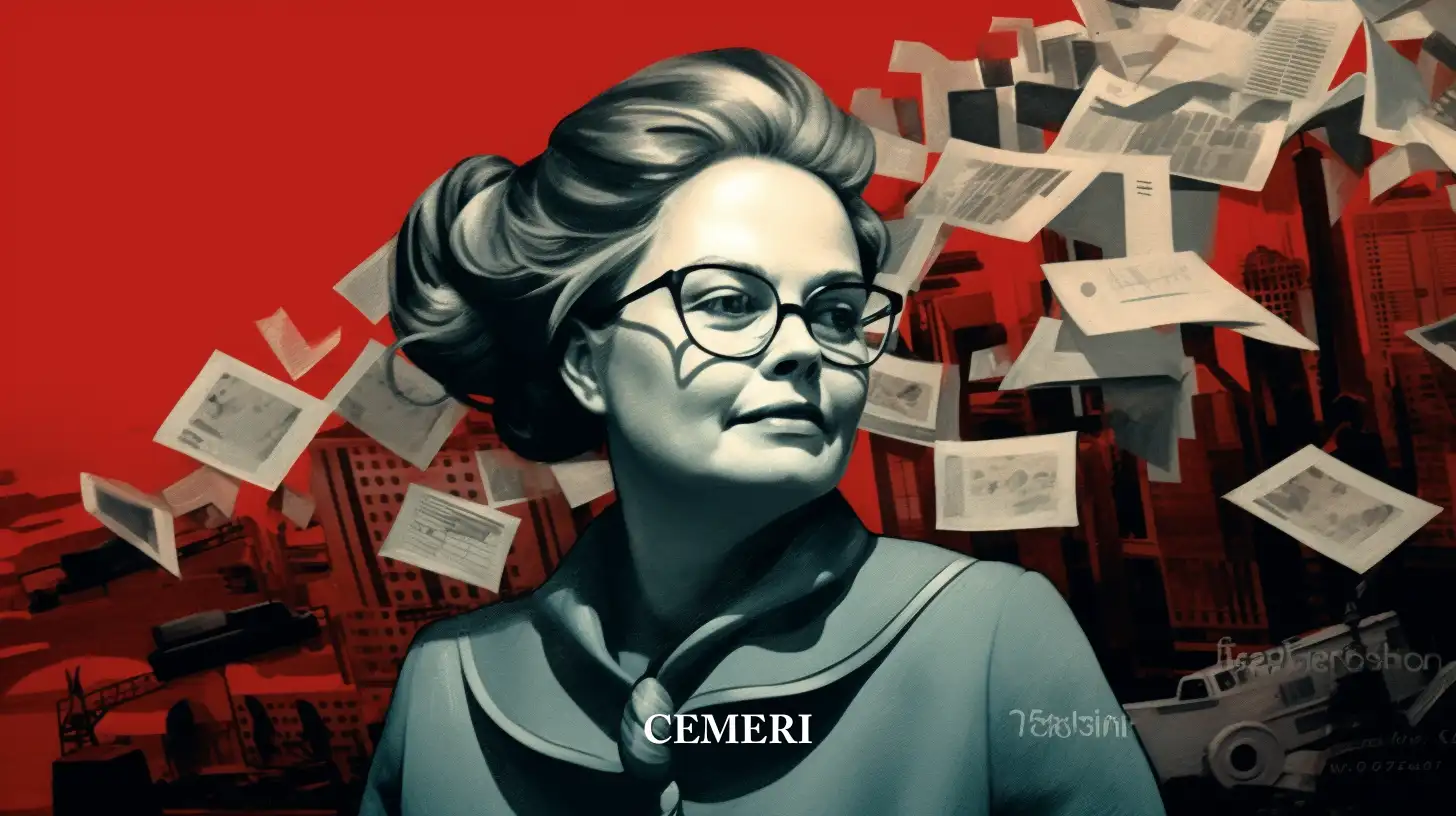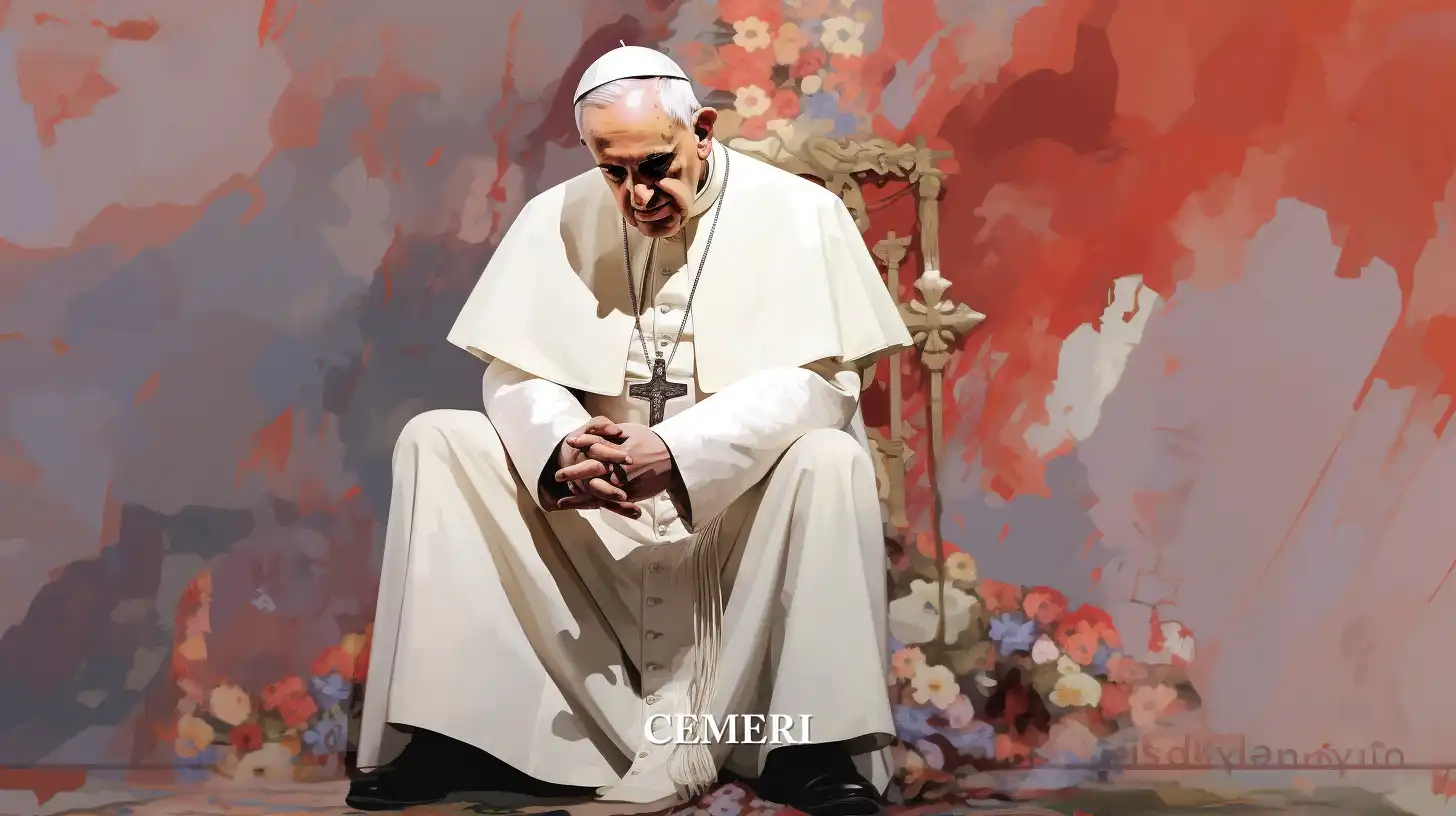Opinion
David Gallegos Rubio
Two women forgotten by the liberal and Marxist tradition
- International Relations requires knowing the contributions of two great intellectual women.

Investigating the conditions and reception of women's historical work could reveal something quite important about the conditions of intellectual creation today. International Relations is being renewed through the investigation of its own intellectual and disciplinary history. Therefore, today is a good time for us to start talking and learning from each other the contributions of great intellectuals to human knowledge.
In International Political Economy: An Intellectual History, Benjamin J. Cohen argued that 'seven magnificent' individuals shaped the discipline of International Political Economy (IPE) when, in reaction to the turmoil of the 1973 oil crisis, it was founded as a separate academic subfield of International Relations within Political Science.
By dating the beginning of International Political Economy to the 1970s, many women were erased from the larger history of world economic thought. International thinkers range from Marxist analyzes and liberal readings, from development economics to one of the first formulations for a developing economy of liberalism and its foundations in the Austrian School of Economics.
Two examples of women's international economic thought, Sudha Shenoy (1943-2008) and Edith Penrose (1914-1996), will be briefly shown here.
Sudha Shenoy and her contribution to liberalism
One of the main streams of economic thought that dominated the London School of Economics (LSE) in the early to mid-20th century is associated with the so-called [Austrian School of Economics](https://newmedia.ufm.edu/coleccion/uelcato -2019/uelcato-2019-los-fundamentos-de-la-escuela-austriaca/), which has its origins with [Carl Menger](https://www.cato.org/policy-report/may/june-2020 /guide-austrian-economics) and has among its main authors Friedrich von Hayek. Austrians oppose any form of planned economy because it is seen as an unwarranted and dangerous infringement of the spontaneous economic order generated by individual economic action and innovation. The Austrian School has been considered by the academic mainstream as the intellectual progenitors of what is now derogatorily known as “neoliberalism”.
Many Austrians today have practically ignored Sudha Shenoy. However, she declared herself "the longest connection to the Austrian movement of all" (Shenoy, 2003); she attended the 1974 Conference in South Royalton, Vermont, where the contemporary historical revival of the Austrian School is said to have begun; and her intellectual work foreshadowed the contemporary liberal transformation of India. Born in India, Shenoy received her PhD from the LSE, where her father, B. R. Shenoy (1905-1978), a member of the [Mont Pelerin Society] (https://www.montpelerin.org/), also studied with Hayek.
Although his research focused primarily on India, Shenoy contributed to the history of economic thought by compiling and introducing a selection of Hayek's writings, [_A Tiger by the Tail: The Keynesian Legacy of Inflation_](https://www. amazon.com/Tiger-Tail-Keynesian-Legacy-Inflation/dp/1933550406), a work described as “Shenoy's book as Hayek's.” He worked at the Ludwig von Mises Institute, was a Research Assistant at the [Oxford Institute of Commonwealth Studies](https://www.qeh.ox.ac.uk /content/study) and, in the early 1970s, she became Professor of Economics at the University of Newcastle, New South Wales, Australia.
The title of Shenoy's 1966 essay, "The Path of Servitude in India", was an obvious play on Hayek's 1944 Path of Servitude. It was published in The Freeman, a libertarian journal of the Foundation for Economic Education published between 1950 and 2016. The essay makes a distinction between two types of liberals, "defenders of freedom and "statists". The first are the "true" liberals because they understand that freedom is indivisible. It is not enough to have free elections if the conditions of economic freedom are strangled by the political intervention of the State. The concentration of economic power in the hands of state administrators was a form of political exploitation, "the politically strong exploit the politically weak." In India, state-led economic planning, particularly preferential treatment for the industrial sector, consolidated the oligarchic power of the ruling party, favored civil servants and businessmen. Government-sanctioned industrial production enriched those who could reap the rewards of private monopolies or protected domestic markets at the expense of "the starving, poorly clothed, and destitute Indian masses."
“International aid sent from the West only made things worse either to feed the starving orphans in Orissa or to prevent India from going communist…it is in fact one of the main causes why orphans in Orissa die starvation and why India is now so firmly headed for serfdom.
Sudha Shenoy
International economic development, which grew out of colonial economic administration, was included among the covered fields within the British Association for International Studies established in 1975.
Edith Penrose and her contribution to Marxism
Penrose was born in Los Angeles, studying at UC Berkeley, then Harvard, where she received her Ph.D. and later taught and did research. She crossed the academic and political world with ease, from helping Eleanor Roosevelt at the UN [Commission on Human Rights] (https://www.ohchr.org/EN/AboutUs/Pages/WhoWeAre.aspx) to advising international tribunals on the oil industry.
Dismayed by the treatment of her colleague and friend [Owen Lattimore] (https://en.wikipedia.org/wiki/Owen_Lattimore), accused of spying for the Soviets and complicity in the so-called "loss of China" , Penrose and her husband left the United States. They pursued academic careers first in Australia, then Iraq, but were expelled after the 1958 Iraqi Revolution, eventually settling in Britain. Her most influential work was The Growth Theory of the Firm, considered one of the most influential economic works of the second half of the 20th century. He co-edited New Orientations: Essays in International Relations (1970) and co-wrote Iraq: International Relations and National Development (1978).
However, the work of Penrose,Thhe Large International Firm in Developing Countries: The International Petroleum Industry (1968), a synthesis of economics, politics, and history, probably his most important contribution important to the history of International Political Economy. At the end of World War II, the world's crude oil reserves were controlled by seven international corporations colluding to ensure high prices. However, in the 1950s, there was a new story to tell about the major structural transformation of the world economy: the growing power of the oil-producing countries themselves.
Penrose showed the confluence of international political and economic forces that shape oil prices and the prospects for international regulation of the industry.
"The deeper root of the problem is simply that international companies, including oil companies, have not yet found a way of operating in the modern world that makes them generally acceptable as truly international institutions."
Edith Penrose
Sources
NA

